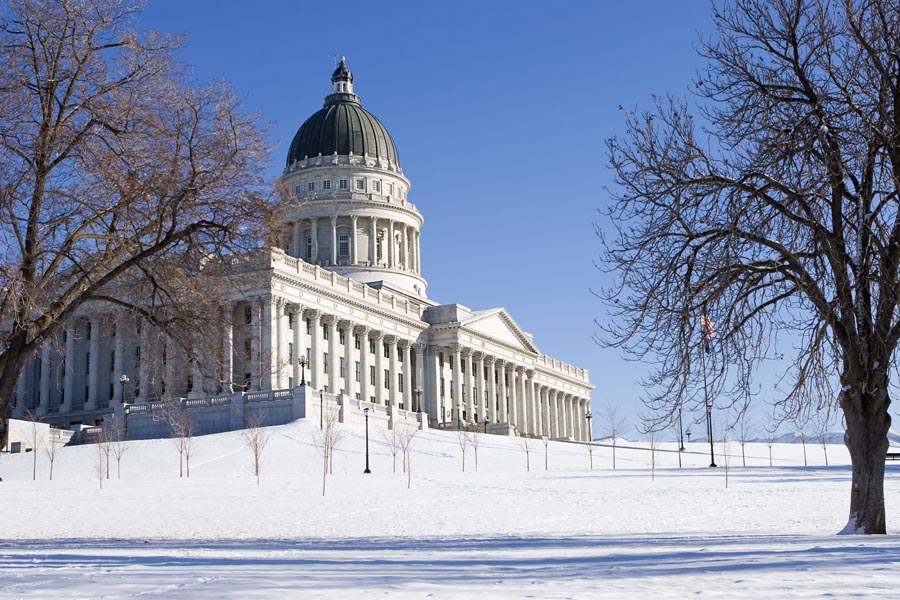| To date, the Utah Legislature has seen requests for 1,500 new bills for the session that began Monday. I have neighbors who ask me, with arched eyebrows, why we need any more laws at all. They just don’t see the need. Society seems to be conducting itself in an orderly fashion. Most of us have jobs, drive on decent roads and understand the basic rules. Why not elect a Legislature that is basically on call, kind of like a volunteer fire |
| | department, ready to pass a new law if we happen to think of one? That’s actually easy to answer. Conditions change, entire new industries are born or technologies developed (think self-driving cars) that require new laws and requirements in order to protect people. Washington tries to meddle in state affairs, sometimes attaching rules to federal funding. And, of course, lawmakers and the governor have to pass a yearly balanced budget to keep everything moving. The amount of money raised from taxes varies from year to year, and certain pressures — growing public schools, air pollution along the Wasatch Front, an obvious downtown homeless problem, etc. — require compromises and difficult choices. But I have a hard time answering why we would need 1,500 of them in a year. In truth, we’re not going to get anywhere near that many new laws. Senate leadership said Monday they may end up passing 450 to 500 bills, but perhaps only because the state constitution limits the time they can be in session. “We just can’t get to that many bills in 45 days,” Senate President Wayne Niederhauser said. That doesn’t mean there aren’t good ideas getting lost in all those requests no one can get to. All of which raises a question. How much longer will Utah be able to get by with a part-time “citizen” Legislature? As the population grows, will this model continue to serve the state well? Will a growing full-time executive branch begin to outpace a part-time group of representatives and senators who have to worry about making a living in addition to serving the people? According to the National Conference of State Legislatures, Utah is one of only six states with a limited, part-time Legislature. With a population of just more than 3 million, it is larger than the other five — Wyoming, Montana, North Dakota, South Dakota and New Hampshire. It also is larger than many of the states in the next level up, with part-time legislatures but larger staffs. Ask that question on Capitol Hill right now and you get an impassioned answer. We’re doing just fine, thank you, and even if the state continues to add significantly to its population, the part-time “citizen” Legislature will continue to serve the state well. Niederhauser talks about “going home after a short session and facing the voters, and actually having a job that you work in.” The idea is that lawmakers have to live with the laws they pass just like everyone else. “Having that experience, that commitment to community and to the workforce really benefits us.” Earlier this month I asked Steve Kroes, president of the non-partisan Utah Foundation, the same question. He was a little less certain about the future, but still a fan of the current system. The downside to Utah’s system, he said, is that “it tends to be privileged people who can serve.” Not many typical workers can take 45 days off each year to serve on Capitol Hill, not to mention regular interim meetings and special sessions during the rest of the year. But you won’t change anything by paying for a full-time Legislature, except incurring a bigger bill for salaries and staff. “Having been in a state with a full-time Legislature — California — those are privileged people (in that Legislature), too,” he said. The longer you look at representative government and legislative models, the more you tend to conclude there is no perfect system. If, like my neighbors, you believe less is better, a 45-day session with mostly regular folks is about as good as it can get. Whether that will be good enough for a state of 5 million or more people some day remains to be seen. |


 RSS Feed
RSS Feed

